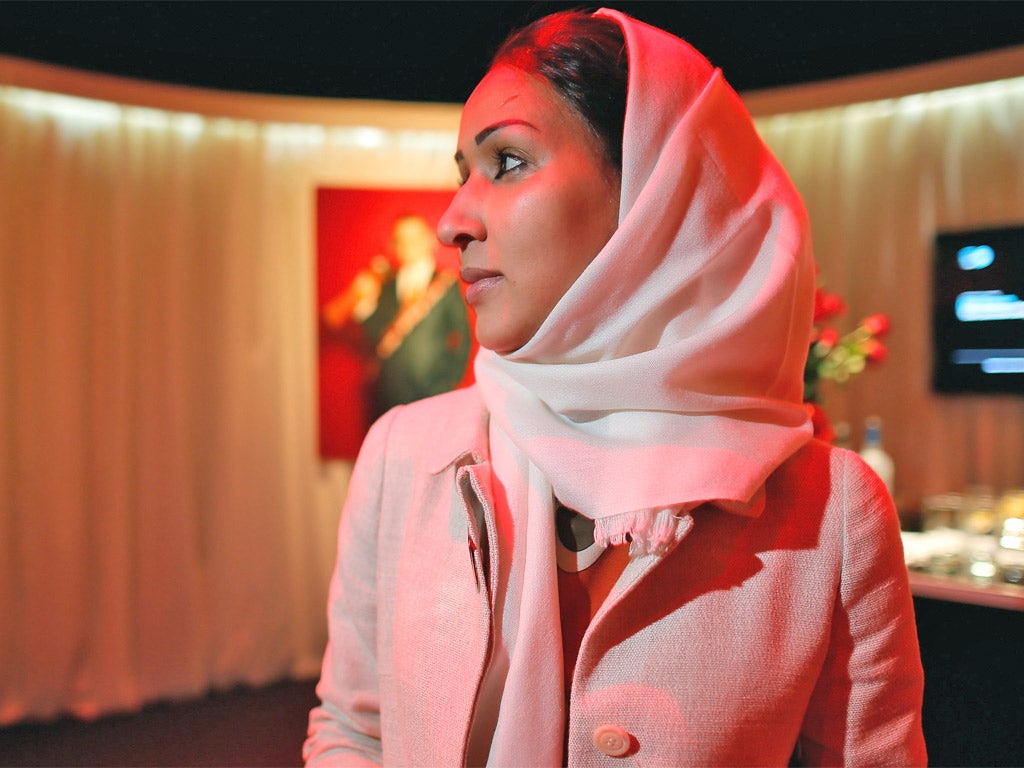Manal al-Sharif was the plucky young woman who, in splendid defiance of one of the world's most repressive societies, steered a car through the streets of the city of Khobar, railing as she went against the misogyny of laws that make it illegal for women in Saudi Arabia to drive.
She was arrested and spent nine days in jail on suspicion of a crime called "incitement to public disorder". She emerged, almost a year ago, to worldwide fame: an eight-minute film of her protest drive, shot on a friend's smartphone, spread across YouTube, in various iterations, at a rate of a million hits per day.
Since then, Ms Sharif has used her notoriety as the "Saudi Girl Driving" to pursue radical change. She has led mass "protest drives", filed lawsuits against her nation's chauvinistic traffic laws, and recently started a feminist pressure group, My Right to Dignity, which aims to undermine the conservative excesses of an Islamic state which treats women as second-class citizens.
The battle continues, however. For all the plaudits, she is subjected to daily death threats and fears for the safety of her parents and her six-year-old son. "I measure my impact I make by how harsh the attacks are," she says. "The harsher the attacks, the better I am doing."
A few months ago, Saudi "sources" convinced several media outlets, that Ms Sharif had died in a car crash. "The whole idea was to say: 'See, God is punishing her; women really shouldn't drive!'," she recalls.
This month, Ms Sharif has suffered the ultimate sanction for any single mother: the loss of her livelihood. The oil company Aramco, her employer for more than a decade, told her she was to be sacked because of her actions. A lesser woman might feel demoralised by this sort of pressure but, looking impressive and poised in her very un-Saudi business attire, Ms Sharif seems energised instead.
"I'm a single mother and I'm 33, but I can't even rent my own apartment without getting my father to sign a piece of paper saying he gives permission," she says. "That is life, for a Saudi woman; wherever we go, whatever we achieve, we are the property of a man."
The irony of Ms Sharif's life is that she comes from a deeply conservative background. Born in 1979, she grew up in Mecca, the holiest of holy cities. Her working-class home had separate entrances for men and women. As a child, she remembers burning her brother's pop cassettes in the oven after mullahs told her music came from "Satan's flute".
However, Ms Sharif later began to question the literalist aspects of her faith. "I realised it is impossible to live with the rules they give Saudi women," she says. "Just impossible. You trying to do everything by the book, but you can never stay pure."
In 2009, Ms Sharif's employer sent her temporarily to its US office, in Boston. "I remember just thinking it was so incredibly normal," she says. "There were no complications. I could just live a normal life. I could go and look at apartments and sign a contract myself. I went to the bank, and opened an account."
Most importantly, however, she drove a car. "I thought: 'This is how life should be'."
Not long after returning home, Ms Sharif took her now-famous car journey. It was the start of a long campaign that she says will end only when women in Saudi Arabia become the equals of men.
Subscribe to Independent Premium to bookmark this article
Want to bookmark your favourite articles and stories to read or reference later? Start your Independent Premium subscription today.


Join our commenting forum
Join thought-provoking conversations, follow other Independent readers and see their replies